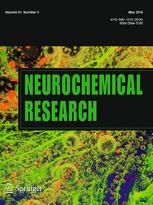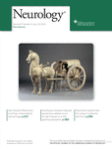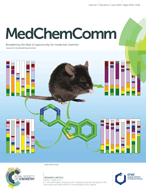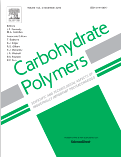 A journal has issued an expression of concern (EOC) for a nanofilm paper after a researcher protested being left off the author list.
A journal has issued an expression of concern (EOC) for a nanofilm paper after a researcher protested being left off the author list.
According to the notice in Carbohydrate Polymers, the University of Calcutta in West Bengal, India, where the research was carried out, has “failed to provide evidence of a thorough, fair, and proper investigation of this claim,” despite being presented with evidence from both sides.
The study’s last and corresponding author told us that his former student, who had previously co-authored some abstracts, got in touch with journal, alleging to be an author of the present paper.
Here’s the EOC for “Cationic guar gum orchestrated environmental synthesis for silver nano-bio-composite films:” Continue reading Journal flags paper at center of authorship dispute
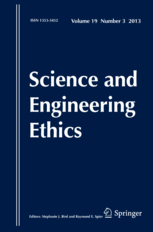 In many fields, first authors on scientific papers represent the person who’s performed the bulk of the research. Sometimes, that determination can be difficult to make, so we’ve seen many papers that list multiple first authors, noting that each contributed equally to the work. But is it possible — or ethical — to claim six authors all deserve top billing on a paper?
In many fields, first authors on scientific papers represent the person who’s performed the bulk of the research. Sometimes, that determination can be difficult to make, so we’ve seen many papers that list multiple first authors, noting that each contributed equally to the work. But is it possible — or ethical — to claim six authors all deserve top billing on a paper?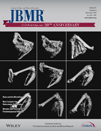 A bone researcher based in Japan
A bone researcher based in Japan 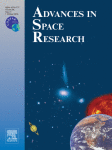 Climate scientists from the U.S. Department of Agriculture have withdrawn a study they wrote under eyebrow-raising pseudonyms.
Climate scientists from the U.S. Department of Agriculture have withdrawn a study they wrote under eyebrow-raising pseudonyms.

